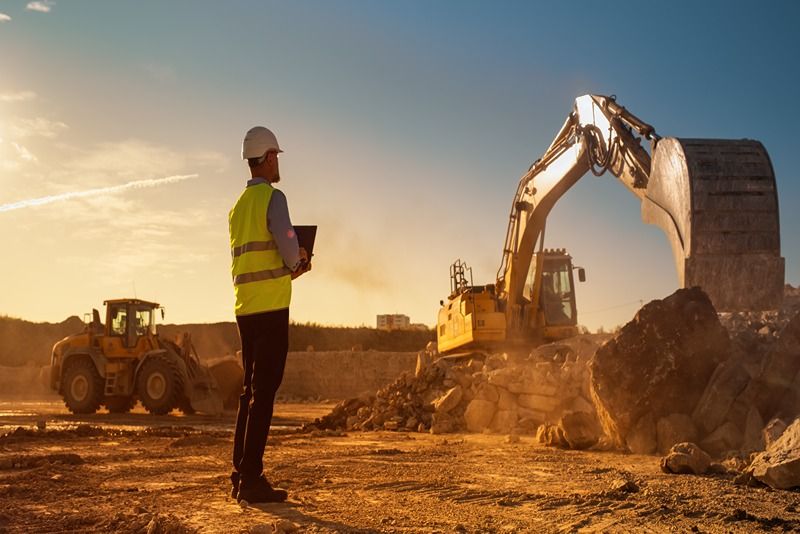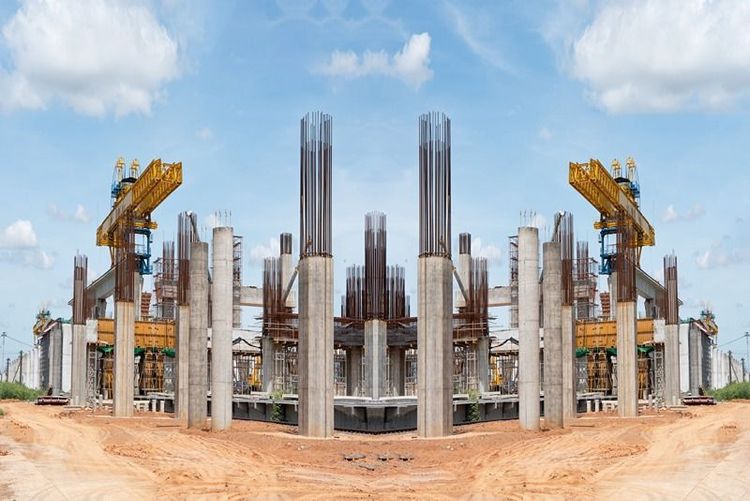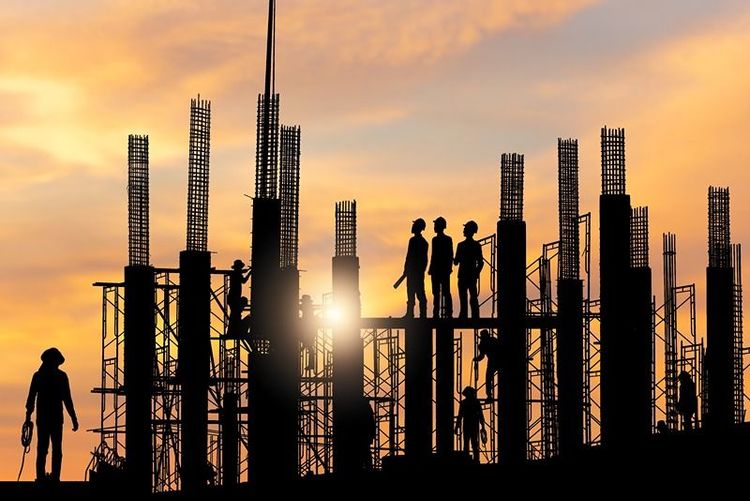High-rise buildings define the skylines of modern cities, showcasing architectural marvels and engineering prowess. For these towering structures, concrete is not just another construction material; it is the backbone that ensures strength, stability, and longevity. Selecting the right type and grade of cement is critical for meeting the unique demands of high-rise construction, especially for Indian MSMEs involved in the procurement of construction materials like cement, steel, and TMT bars.
The role of cement in high-rise buildings
High-rise buildings face several structural challenges, including extreme loads, wind resistance, and seismic forces. Concrete is central to addressing these challenges by providing:
Compressive strength: concrete ensures the building can withstand the immense vertical loads transferred from upper floors to the foundation.
Durability: the right cement composition resists weathering, chemical attacks, and environmental stress.
Workability: concrete's properties allow for easier pouring and shaping, essential for the precision required in skyscrapers.
Heat resistance: modern blended cements reduce the risk of cracks caused by the heat of hydration in massive concrete pours.
Types of cement suited for high-rise construction
Ordinary Portland Cement (OPC):
Grades: OPC 43 and OPC 53 are commonly used for high-rise construction due to their high compressive strength and quick setting times. OPC 53 is particularly suitable for load-bearing columns and slabs.
Limitations: OPC generates significant heat during hydration, which may lead to cracking in large-scale pours.
Portland Pozzolana Cement (PPC):
Advantages: incorporates fly ash, which improves durability, reduces permeability, and provides resistance to sulphates and chlorides. PPC is ideal for regions prone to chemical attacks or coastal environments.
Applications: suitable for non-load-bearing elements like walls and finishes in high-rises.
Portland Slag Cement (PSC):
Benefits: PSC, with its slag content, excels in durability and resistance to chemical corrosion. Its low heat of hydration makes it perfect for large pours in high-rise foundations.
Environmental impact: PSC is a sustainable choice, contributing to lower CO₂ emissions during production.






 +91 7208055523
+91 7208055523
 Help & support
Help & support
